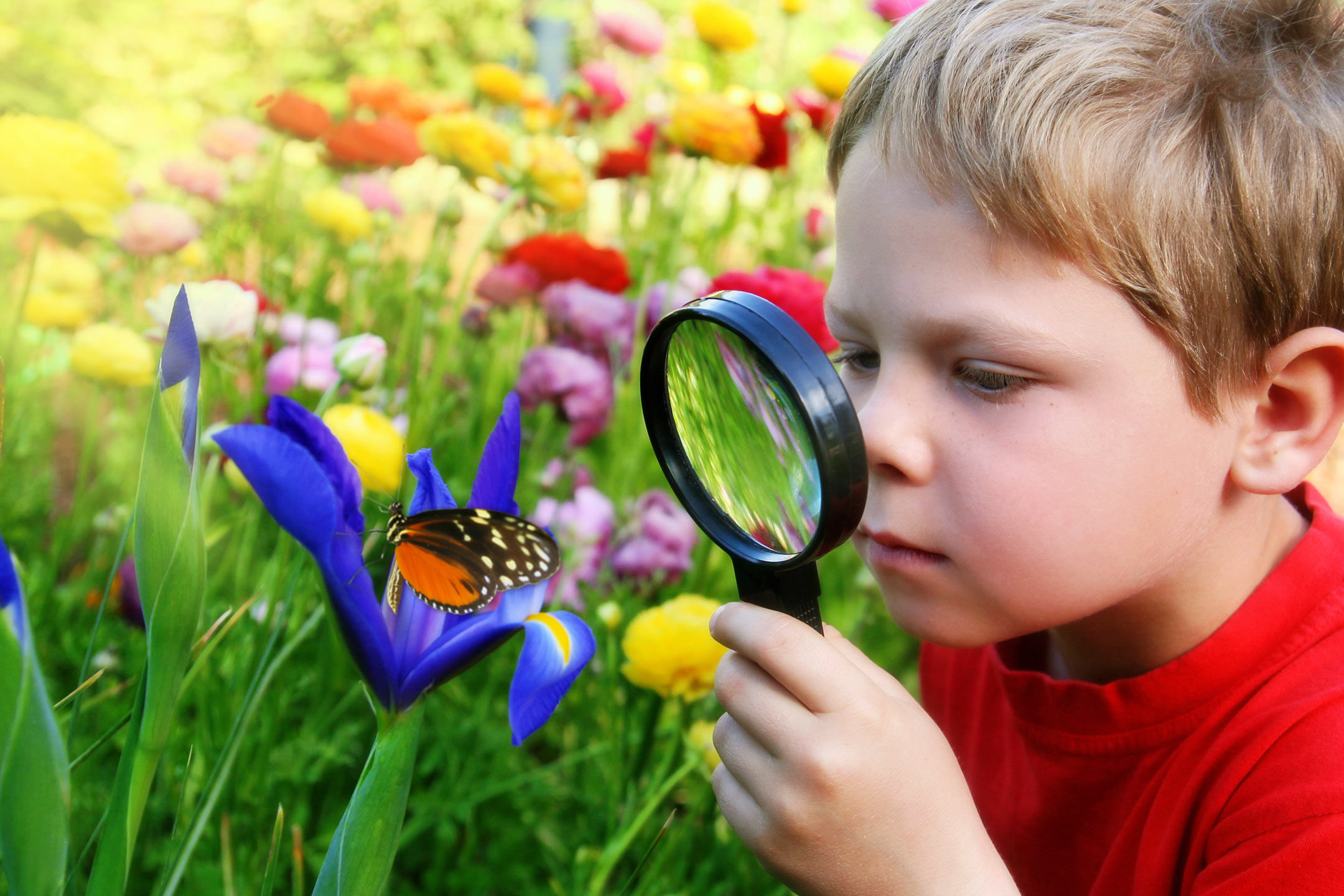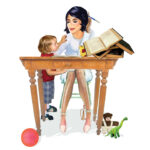
29 May How to Handle Your Child’s Hardest Questions—Without Losing Your Mind
From “Why do people die?” to “Do bees have knees?”, children’s questions can catch us off guard — especially when we’re tired or unsure ourselves, writes Dr Susan White
But research shows that how we respond is more important than having all the answers.
The truth about tricky questions
So, what strategies actually work?
In Professor Chouinard’s studies of parents interacting with children, most parents did a great job answering questions, usually answering directly and often adding useful information. Kids are more likely to remember answers they’ve asked for than facts delivered out of the blue.
If a child is trying to resolve something they don’t understand, they’ll keep asking until they’re satisfied. Simply paying attention without answering is not enough. So, while ignoring their questions is unlikely to work, a well-timed distraction might buy you time to think!
Give just enough information
Kids don’t need the full textbook explanation. They just need information that takes their understanding one step forward.
Sometimes, our answers feel inadequate—but they may be just right for the child’s age. As Professor Chouinard said, a technically incorrect answer (like “the sun is sleeping”) can still help a child move closer to the truth. Once they grasp the next step, they’ll be ready for the more complex version later.
 Trust your instincts
Trust your instincts
Most parents have a good feel for what their child can handle. As Professor Chouinard said, “Just do your best — that’s almost certainly enough. If it isn’t, your child will let you know by asking another question.”
That means we can cut ourselves some slack. It’s okay not to have all the answers. And it’s okay to revisit a question later with more information.
Sarcasm can backfire
When we’re tired, sarcasm or jokes can creep in. But young children tend to take our words literally, and they see parents as trusted sources of truth.
Professor Chouinard explained: “Research suggests that children do not treat all potential sources of information the same; they quickly learn that some adults are more ‘trustworthy’ than others.” Sarcasm might confuse kids or erode the trust they have.
It’s okay not to know
Big, existential questions can feel especially daunting. But it’s powerful for children to learn that even parents don’t have all the answers. “I think it is fine if a string of ‘why’ questions end in a parent saying ‘I don’t know’,” I’d said.
Children are “little scientists”—and they also need to learn that some mysteries remain unsolved.
Model lifelong learning
When my son asked how bees buzz, my answer—“they just do”—didn’t cut it. My friend Sarah has a better approach: she uses it as a shared learning opportunity. “After all,” she says, “I’m a mum, not an encyclopaedia.”
It shows children how to look for answers and that learning never really stops.
The bottom line
You don’t need to know everything. You don’t need to get every answer right. What matters most is being present, listening, and responding with curiosity and care.
As Professor Chouinard reminded us: “If parents take time to be with their children and talk to them, things will work out fine.”
So I’ll forgive myself for confusing my dinosaurs, flunking capital cities, and saying the sun has a doona. Just being there, trying, and answering with honesty is enough. No question.
Dr Susan White is a clinical geneticist based in Melbourne.
Part 1:Why Kids Ask So Many Questions — And Why It Matters
This article has been adapted for the web.
Illustration by Angela Pellatt




